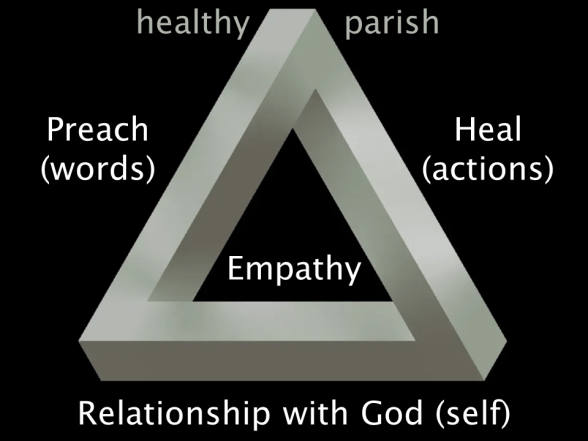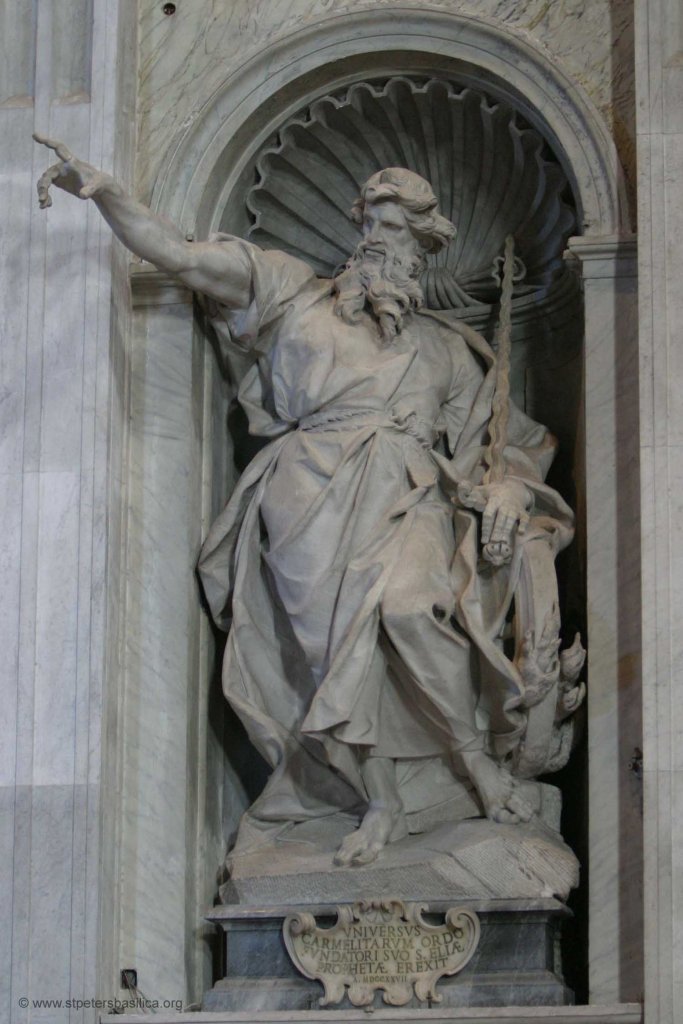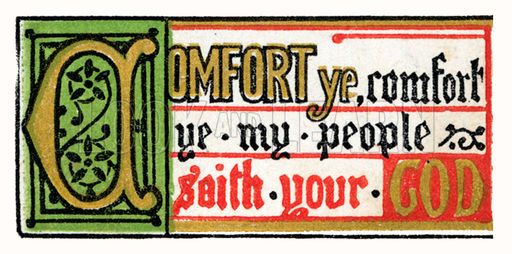Click here to listen to the audio recording of this 22-minute message. Or watch the video here on Facebook (the message starts 23 minutes into the recording). Or read the text summary below.
The transfiguration of Christ, which is reported in Mark 9 (our reading for today), Matthew 17 and Luke 9 (all with very similar content), is a remarkable story. I wish I had been there with Peter, James and John, to see this for myself! What a beautiful and transcendent experience. And also how terrifying and mind bending. No wonder the disciples were rendered virtually unconscious. We read this passage every year and get a sermon on it every year. What more can be said?
This year, I spent time reading the texts on either side of the transfiguration narrative, and found that these passages also were congruent across the synoptic Gospels (Matthew, Mark and Luke). What struck me the most was how difficult and dark these passages were. The transfiguration is just a brief moment of light – brilliant, blinding, cosmic light – within a much darker narrative.
Before the transfiguration, we read about Peter declaring Jesus to be the Messiah (v29), Jesus telling the disciples that he will soon be killed (v31), Peter rebuking Jesus for saying this (v32), Jesus rebuking Peter and uttering these dreadful words – “Get behind me Satan!” (v33, reported also in Matthew, but not Luke) and Jesus explaining the cost of discipleship and the way of the cross (v34). Wow, dark material indeed!
After the transfiguration, the dark material continues. Jesus and the three disciples find a major argument going on among the people because the disciples were unable to cast out a demon (v18), Jesus gets angry asking, “You unbelieving generation, how long shall I stay with you?” (v19) (or “how long must I put up with you?” in Matthew). And then Jesus repeats his message that he will soon be killed (v31).
These passages before and after the transfiguration are in such stark contrast with the transfiguration itself. In the midst of dark, difficult, conflictual narrative is this brief blinding moment of Christ’s glory as God the Son. But it is so short lived – the three disciples come crashing back into a challenging world.
This contrast reminds me of our Palm Sunday services in our (Anglican) tradition. We start our service outside in red, with crosses and candles and incense and palm branches, shouting “Hosanna! Blessed is he who comes in the name of the Lord!”, processing around the church and into the road singing “All glory, laud and honour!” Such an exciting and happy time. And then our reading for the day is the whole of the passion narrative (from the last supper to Jesus’ burial). This contrast in tone (from joy to despair) is stark and shocking.
We ought not to think that we are promised a happy joyful, prosperous, wealthy, healthy life, even though some churches do teach this. We do not find it in the scriptures – it is not in the life of Jesus, it is not in Jesus’ teachings and it is not in the transfiguration narrative. Instead, we are invited to grapple with faith, discipleship, health, death, effectiveness and power. And within this real but difficult life, there are moments of light, joy and peace.
This is not to say that we should wallow in depression or succumb to despair and hopelessness. No! Certainly not! Rather, we need to face and confront depression, despair, hopelessness and all the other challenges we face in life. We walk in faith, trusting in God’s abiding presence, even in the darkness. We call on him for life, for salvation, and to offer thanks. We journey through the challenges of life, knowing that God is on our side.
To help us with this, I encourage you to read Psalm 116. And if life is sitting heavily on you, I encourage you read it multiple times each day, as a prayer for protection and God’s sustaining presence. Here it is:
1 I love the Lord, for he heard my voice;
he heard my cry for mercy.
2 Because he turned his ear to me,
I will call on him as long as I live.3 The cords of death entangled me,
the anguish of the grave came over me;
I was overcome by distress and sorrow.
4 Then I called on the name of the Lord:
“Lord, save me!”5 The Lord is gracious and righteous;
our God is full of compassion.
6 The Lord protects the unwary;
when I was brought low, he saved me.7 Return to your rest, my soul,
for the Lord has been good to you.8 For you, Lord, have delivered me from death,
my eyes from tears,
my feet from stumbling,
9 that I may walk before the Lord
in the land of the living.10 I trusted in the Lord when I said,
“I am greatly afflicted”;
11 in my alarm I said,
“Everyone is a liar.”12 What shall I return to the Lord
for all his goodness to me?13 I will lift up the cup of salvation
and call on the name of the Lord.
14 I will fulfill my vows to the Lord
in the presence of all his people.15 Precious in the sight of the Lord
is the death of his faithful servants.
16 Truly I am your servant, Lord;
I serve you just as my mother did;
you have freed me from my chains.17 I will sacrifice a thank offering to you
and call on the name of the Lord.
18 I will fulfill my vows to the Lord
in the presence of all his people,
19 in the courts of the house of the Lord—
in your midst, Jerusalem.Praise the Lord.

Image from http://livingwordrec.ca/archive/the-transfiguration-who-do-you-say-that-i-am/












